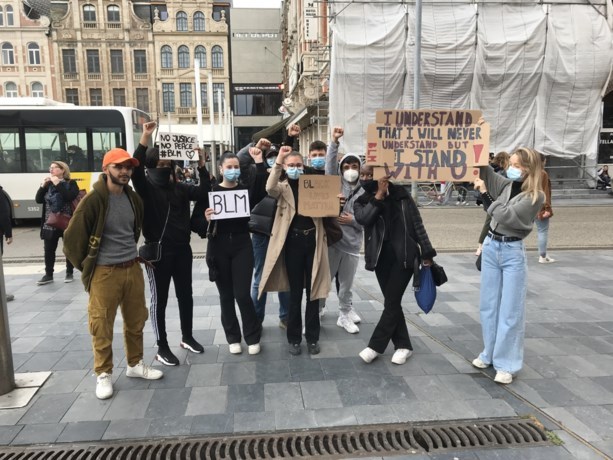Over 35% of reports of alleged discrimination concern racial incidents, according to the 2019 annual report of Unia (the Interfederal Centre for Equal Opportunities), detailed in La Libre Belgique on Monday.
This racial discrimination is of a systemic and institutional nature, according to Unia co-director Patrick Charlier.
Unia received 8,478 accounts of alleged discrimination in 2019, according to Unia’s annual report. No less than 35.9% concerned allegations of discrimination over race, skin colour, nationality, descent or origin.
Related News
- 'Would not happen to a white MEP': Brussels police accused of racism
- Racism on social media in Belgium triples since 2015
- Police chief acknowledges 'slip-ups', denies institutional racism
"Historically, at least a quarter of the cases opened have been linked to these so-called racial criteria. For me, this is an illustration that the issue of racism remains a topical problem," Charlier said.
"There is a kind of consensus in our society to condemn racism in general and individual behaviour of racism. If someone is attacked on the basis of their skin colour, there are few people in the political, associative or other spectrum who will accept or justify it," Charlier pointed out.
“But admitting that there are situations of individual racism is not the same as acknowledging the systemic and structural nature of the problem," he insisted. Some people "accept to stigmatise individual behaviour, but say that our society offers every opportunity and that, if we fail, it is an individual responsibility," Charlier said.
The number of reports of discrimination in general increased by 13.2% compared to 2018. "There's a normalisation of hate messages on social media and on the street,” said Charlier.
Last year’s elections, in which the far-right Vlaams Belang was the major winner in Flanders, may have had something to do with that. "Some saw the results of those elections as a free pass to let themselves go. The tone of social debate became harsher, bolder, more aggressive."
Racial discrimination was followed in frequency by discrimination based on a handicap (23.2%), religious or philosophical beliefs (12.7%), fortune, state of health, age, sexual orientation and other criteria.
Jason Spinks
The Brussels Times

